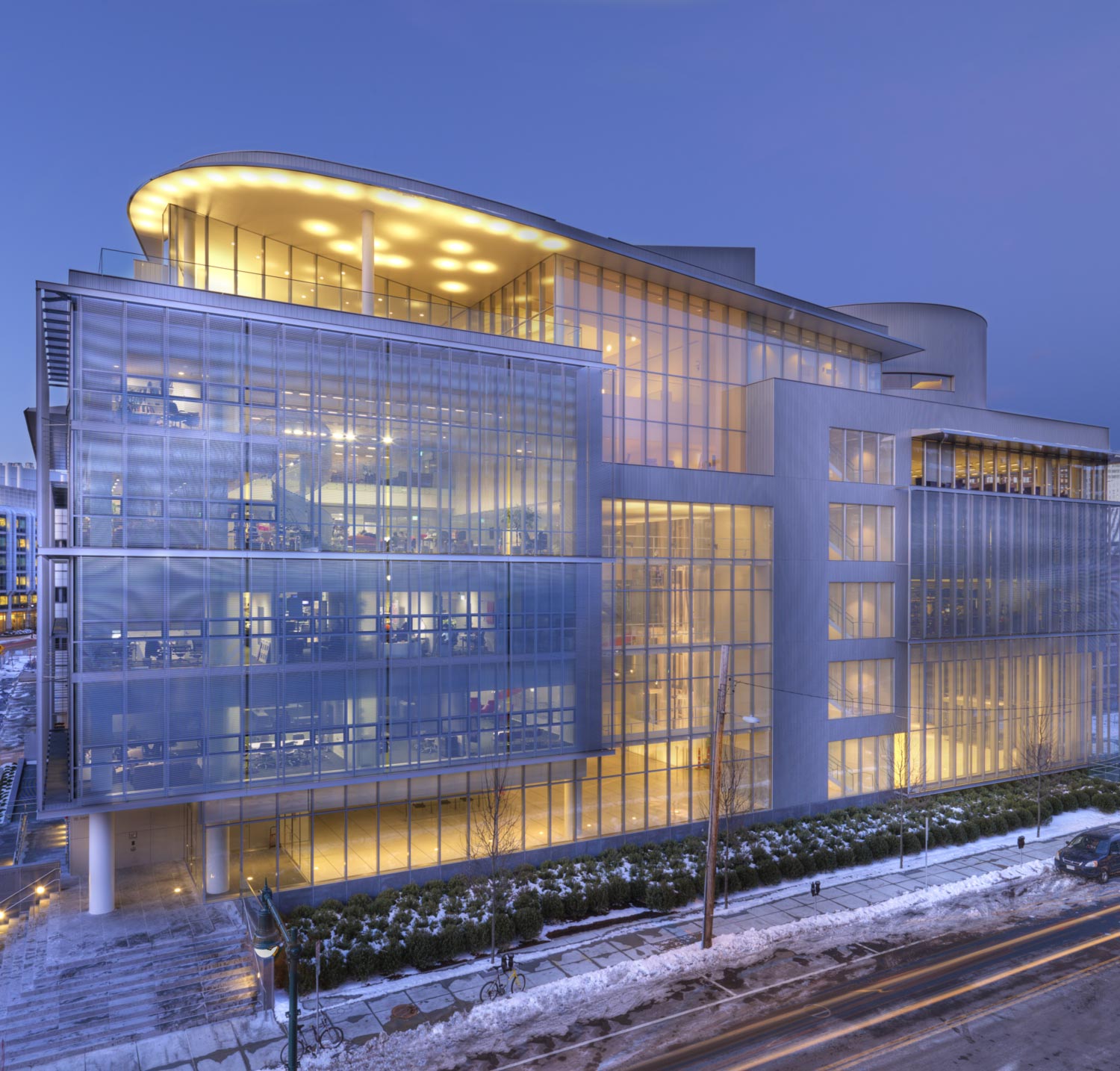Reflections and a path forward on community and free expression
To the members of the MIT community,
You may have heard about a situation centered on our Department of Earth, Atmospheric and Planetary Sciences (EAPS) regarding an invited speaker, Professor Dorian Abbot.
In a recent letter to the faculty, Provost Marty Schmidt lays out the facts, some of which have not come through clearly in the media and on social media. I encourage you to read his letter. You will also find thorough coverage in The Tech.
The controversy around this situation has caused great distress for many members of our community, in many quarters. It has also uncovered significant differences within the Institute on several issues.
I would like to reflect on what happened and set us on a path forward. But let me address the human questions first.
To the members of the EAPS community: I am deeply disturbed that as a direct result of this situation, many of you – students, postdocs, faculty and young alumni – have suffered a tide of online targeting and hate mail from outside MIT. This conduct is reprehensible and utterly unacceptable. For members of the MIT community, where we value treating one another with decency and respect, this feels especially jarring.
I encourage anyone who is subjected to harassing or threatening behavior or language to reach out for support and guidance to the Institute Discrimination and Harassment Response (IDHR) office.
I also want to express my tremendous respect for Professor Rob van der Hilst, department head in EAPS, who faced a difficult situation. I know Rob as a person of the highest integrity and character. We are fortunate to have his leadership in EAPS. In this case, when Rob concluded, after consulting broadly, that EAPS could not host an effective public outreach event centered around Professor Abbot, he chose to extend instead an invitation for an on-campus lecture; Rob took this step deliberately to preserve the opportunity for free dialogue and open scientific exchange.
Professor Abbot is a distinguished scientist who remains welcome to speak on the MIT campus, and he has been working with EAPS to confirm the event details.
Nevertheless, there is no doubt that this matter has caused many people inside and outside our community to question the Institute’s commitment to free expression. Some report feeling that certain topics are now off limits at MIT. I have heard these concerns directly from faculty colleagues, alumni and others who care deeply about the Institute.
Let me say clearly what I have observed through more than 40 years at MIT:
Freedom of expression is a fundamental value of the Institute.
I believe that, as an institution of higher learning, we must ensure that different points of view – even views that some or all of us may reject – are allowed to be heard and debated at MIT. Open dialogue is how we make each other wiser and smarter.
This commitment to free expression can carry a human cost. The speech of those we strongly disagree with can anger us. It can disgust us. It can even make members of our own community feel unwelcome and illegitimate on our campus or in their field of study.
I am convinced that, as an institution, we must be prepared to endure such painful outcomes as the price of protecting free expression – the principle is that important.
I am equally certain, however, that when members of our community must bear the cost of other people’s free expression, they deserve our understanding and support. We need to ensure that they, too, have the opportunity to express their own views.
A path forward
The issues this situation has brought to the surface are complex. No unilateral declaration on behalf of MIT could either resolve them in the moment or prevent future controversies. So I believe it is vital now that we engage in serious, open discussion together.
As the provost’s letter described, we will begin with a faculty forum, being planned for the last week of October. Discussion in this working session might address questions like these: Given our shared commitment to open inquiry and free expression, are there further steps we should take to practice it consistently? Should we develop guidelines to help groups in their own decision making? Does the concept need more prominence in our curriculum? How should we respond when members of our community bear the disproportionate cost of other people’s speech?
It will be essential in this overall process to include the perspective and experience of graduate and undergraduate students; I have asked Chancellor Melissa Nobles to work with student leaders to decide the best way to do so.
I have also asked Provost Marty Schmidt, Chancellor Nobles and Chair of the Faculty Lily Tsai to begin immediately assembling a special ad hoc working group to consider the insights and lessons we should take away from this situation. I believe this extremely important topic deserves and will benefit from this kind of thoughtful, deliberative, nuanced approach, perhaps including experts from outside MIT. The themes that emerge from the initial faculty forum will help inform the working group’s charge.
* * *
From the comments that have come to me directly, I can attest that our community encompasses a wide spectrum of very strong views about what has transpired in these last weeks.
As we cope with the aftermath of this public controversy here at home, let us hold ourselves to the same standards in our interactions with each other as in our intellectual work: To learn more, assume less and ask more – and listen as closely as we can to each other’s ideas, perspectives and experiences.
I hope that, in this moment and always, we will all continue to value and respect each other as fellow members of one community, united in a single great mission.
Sincerely,
L. Rafael Reif


